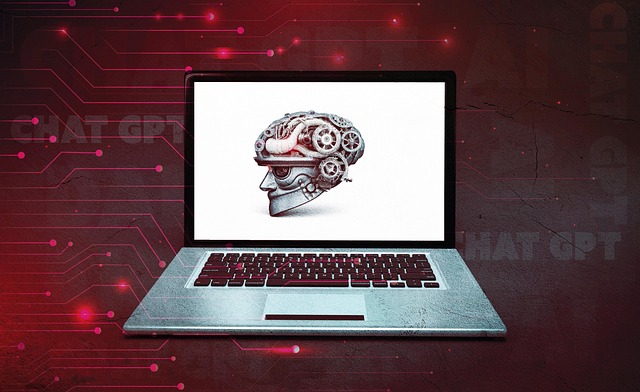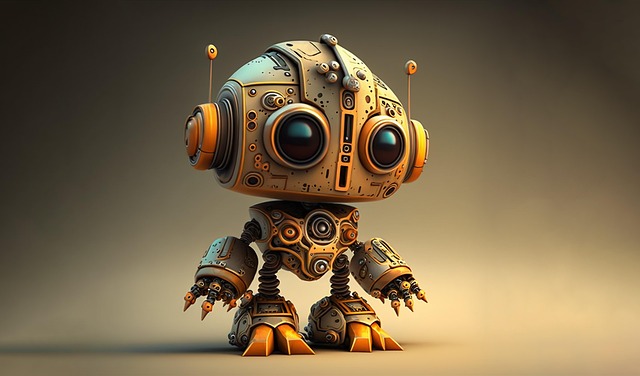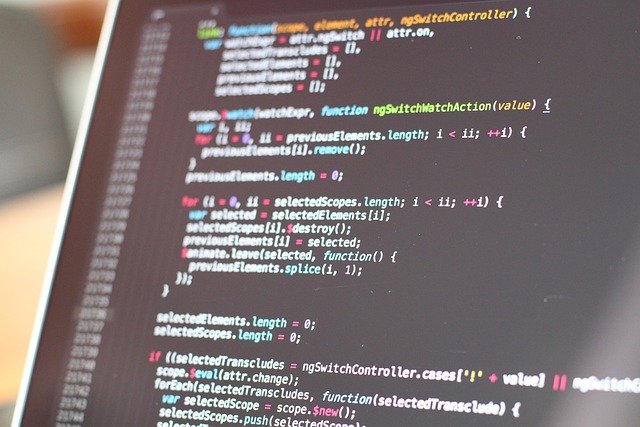# AI Innovations: Transforming Our Lives and Industries with Cutting-Edge Technology Solutions
Artificial Intelligence (AI) has emerged as one of the most transformative technologies of the 21st century. Its rapid evolution and integration into various sectors are reshaping how we live and work. From enhancing productivity to improving decision-making processes, AI innovations are creating unprecedented opportunities and challenges across industries. This article delves into the multifaceted impact of AI, exploring its applications in healthcare, finance, and manufacturing, while also addressing the ethical considerations that accompany its deployment.
## Revolutionizing Healthcare
In recent years, healthcare has witnessed a remarkable transformation due to AI innovations. Machine learning algorithms and natural language processing have enabled practitioners to harness vast amounts of data, leading to improved patient outcomes. For instance, AI-driven diagnostic tools can analyze medical images with remarkable accuracy, often surpassing human radiologists. This capability not only accelerates the diagnostic process but also enhances the precision of identifying conditions such as tumors or fractures.
Furthermore, predictive analytics powered by AI is proving invaluable in patient care. By analyzing historical patient data, AI systems can identify individuals at risk of developing chronic diseases, allowing for timely interventions. This proactive approach not only improves patient health but also reduces healthcare costs by minimizing the need for extensive treatments. As AI continues to evolve, its integration into telemedicine platforms is facilitating remote consultations, making healthcare more accessible to underserved populations.
Another notable innovation is the use of AI in drug discovery. Traditional methods can be time-consuming and costly, but AI accelerates this process by predicting how different compounds will interact with biological systems. By simulating molecular interactions, researchers can identify promising candidates for further development, significantly shortening the time it takes to bring new drugs to market. As a result, the pharmaceutical industry is becoming more agile and responsive to emerging health challenges.
## Transforming Financial Services
The financial services sector is undergoing a seismic shift, driven largely by AI innovations. Algorithms are now employed to analyze market trends and consumer behavior, enabling financial institutions to make data-driven decisions with unprecedented speed and accuracy. For instance, robo-advisors utilize AI to offer personalized investment advice, tailoring portfolios to individual risk tolerances and financial goals. This democratization of financial advice has made investing more accessible to a broader audience.
Fraud detection has also been revolutionized through AI technologies. Machine learning models can analyze transaction patterns in real-time, identifying anomalies that may indicate fraudulent activity. By continuously learning from new data, these systems adapt to evolving tactics used by fraudsters, significantly reducing financial losses for banks and consumers alike. The enhanced security measures not only protect assets but also foster trust in digital financial transactions.
Moreover, AI is playing a pivotal role in credit scoring and lending decisions. Traditional credit scoring models often rely on limited data, which can lead to biased outcomes. In contrast, AI systems can evaluate a wider array of factors, including alternative data sources, to assess creditworthiness more fairly. This innovation is particularly beneficial for individuals with limited credit histories, enabling them to access loans and financial services that were previously out of reach.
## Enhancing Manufacturing and Supply Chain Efficiency
Manufacturing is another sector experiencing a profound transformation due to AI innovations. Smart factories equipped with AI-driven technologies are optimizing production processes and improving operational efficiency. Predictive maintenance, for instance, utilizes AI algorithms to analyze equipment performance data, predicting failures before they occur. This proactive approach minimizes downtime and reduces maintenance costs, enhancing overall productivity.
Supply chain management is also being redefined through AI applications. By analyzing vast amounts of data from various sources, AI can forecast demand more accurately, allowing companies to optimize inventory levels and reduce waste. This capability is particularly crucial in an era where consumer preferences can shift rapidly. AI-driven logistics solutions are streamlining transportation routes, ensuring timely deliveries and minimizing costs.
Collaboration between humans and AI is becoming increasingly common in manufacturing environments. Augmented reality (AR) and AI-powered robots are enhancing workforce capabilities, assisting workers in complex tasks while improving safety. For example, AR can provide real-time instructions and visualizations to assembly line workers, reducing errors and increasing efficiency. As AI continues to evolve, the synergy between human skills and machine intelligence will redefine the future of work in manufacturing.
## Addressing Ethical Considerations
While the benefits of AI innovations are undeniable, they also raise important ethical considerations that warrant careful attention. One major concern is the potential for bias in AI algorithms. If the data used to train these systems is flawed or unrepresentative, the resulting decisions can perpetuate existing inequalities. Ensuring fairness and transparency in AI development is crucial to building trust and promoting equitable outcomes.
Privacy is another significant issue. As AI systems collect and analyze vast amounts of personal data, safeguarding this information becomes paramount. Striking a balance between leveraging data for innovation and protecting individual privacy rights is a challenge that requires ongoing dialogue among stakeholders, including technologists, policymakers, and the public.
Moreover, the impact of AI on employment cannot be overlooked. While AI has the potential to create new job opportunities, it may also displace certain roles, particularly those involving repetitive tasks. Preparing the workforce for this transition through reskilling and upskilling initiatives is essential to ensure that individuals can thrive in an AI-driven economy.
## Conclusion
AI innovations are undeniably transforming our lives and industries, offering solutions that enhance efficiency, accuracy, and accessibility. From revolutionizing healthcare and finance to optimizing manufacturing processes, the potential applications of AI are vast and varied. However, as we embrace these advancements, it is crucial to address the ethical considerations that accompany their deployment. By fostering a responsible approach to AI development, we can harness its full potential while ensuring that it serves the greater good. The future of AI holds immense promise, and navigating this landscape thoughtfully will be key to unlocking its benefits for all.











